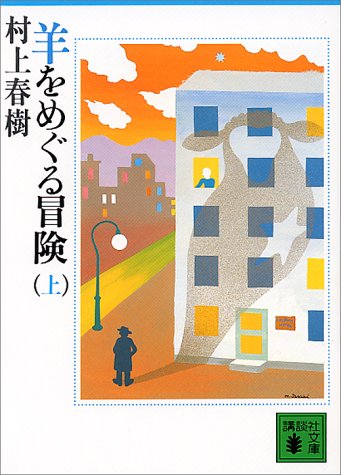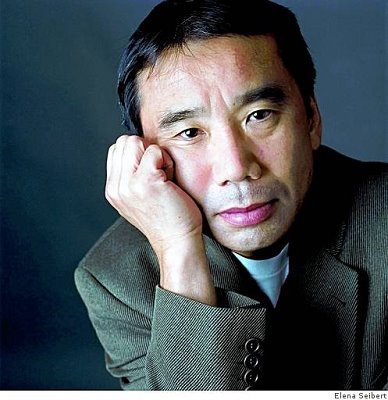

JPN/EAS 380
|
 |
 |
Text: Wild Sheep Chase, Alfred Birnbaum, trans.
Monday, Dec. 5th |
|
Readings: |
Read either: as much of Wild Sheep Chase as you can Or: The four short stories available on Blackboard: |
Questions to Consider: |
Does Murakami's writing remind you of any particular authors in English? Do they fit into a particular genre. Murakami has frequently been singled out as having nothing distinctly "Japanese" about his writing. Do you agree? If true, what does it mean? Murakami was a strong contender for the Nobel prize in literature this year, which would have made him only the third Japanese author so honored. What is there about his works that you think might justify this reputation?
|
Wednesday, Dec. 7th |
|
Readings: |
Read either: as much of the rest of Wild Sheep Chase as you can Or: The four short stories available on Blackboard: |
Questions to Consider: |
Our last author, Ôe Kenzaburô, has expressed disdain for many contemporary authors, including Murakami Haruki, as not qualifying as "pure" literature. Why do you think Ôe has this view of authors such as that of Murakami and do you agree? Do any of Murakami's works function as allegories? If so, to what are they referring? Many of Murakami's works contain fantastic or surreal elements, yet the characters seem to react to them in a realistic manner. Do the works fit within the modern fantasy genre?
|
Back to Main Page |